Ensure your hard-earned savings continue to support you
As you enter your golden years, the excitement of finally retiring may be tinged with some uncertainty. With the working days behind you, it’s natural to wonder if you’ve amassed sufficient resources and how best to utilise them.

Additionally, life can be unpredictable, so it’s essential to be prepared for unforeseen circumstances. Investing for income after retirement can seem a daunting task, but it is by no means impossible. With professional advice, careful planning and continuous monitoring of your investments, you can ensure that your savings last as long as needed.
To help you navigate this new chapter, here are some tips on investing after retirement to ensure your hard-earned savings continue to support you throughout your well-deserved rest.
Keep an eye on inflation
When it comes to investing after retirement, inflation should always be taken into account. Inflation reduces the purchasing power of money over time, so it’s essential to consider this when making investment decisions. Investing in products such as index-linked annuities or government bonds can help protect against inflation risk and provide consistent income over the long term.
Consider different asset classes
Investing in different asset classes can help diversify your portfolio and minimise risk. This could include equities, fixed income (such as bonds), property, cash or alternative assets. Different asset classes have varying levels of risk and returns, so it’s essential to understand the risks associated with each before investing.
Don’t forget about taxes
Taxation rules change regularly, so it’s crucial to ensure you are up-to-date on the latest regulations to take advantage of potential tax breaks or benefits when investing after retirement.
Key points to consider
Income Tax: Depending on your total income, including pensions, investments and other sources, you may be liable to pay Income Tax. Keep track of your personal allowance, which is the income you can earn before paying Income Tax (other allowances are also available for specific income types such as dividends and savings income).
Capital Gains Tax (CGT): When you sell an investment or asset that has appreciated in value, you may be subject to CGT. However, there is an annual tax-free allowance for capital gains, so ensure you know the current threshold.
Dividend Tax: If you receive dividends from investments in shares, you’ll need to consider dividend tax. There’s a tax-free dividend allowance, but any dividends above this threshold will be taxed.
Inheritance Tax (IHT): Proper estate planning can help minimise the impact of IHT on your loved ones. Make sure you understand the current IHT threshold and consider strategies such as gifting assets or setting up trusts to reduce potential tax liabilities.
Pension Contributions: Even after retirement, you can still contribute to your pension and potentially receive tax relief on those contributions. This can be an effective way to grow your pension savings while reducing your overall tax liability.
Individual Savings Accounts (ISAs): Utilising ISAs allows you to invest in equities, bonds and other assets without being subject to Income Tax or CGT on the returns. Maximise your annual ISA allowance to take advantage of these tax benefits.
Rebalance your portfolio regularly
Once you have created a well-diversified portfolio, reviewing and rebalancing it regularly is essential. This will help ensure that it remains aligned with your goals and the risk profile you are comfortable with. With careful planning and diligence, investing after retirement can be less intimidating and more successful. Contact 1st Financial Foundations – telephone 01908 523 420 – email info@1stff.co.uk.


